SUMMARY
This is AI generated summarization, which may have errors. For context, always refer to the full article.
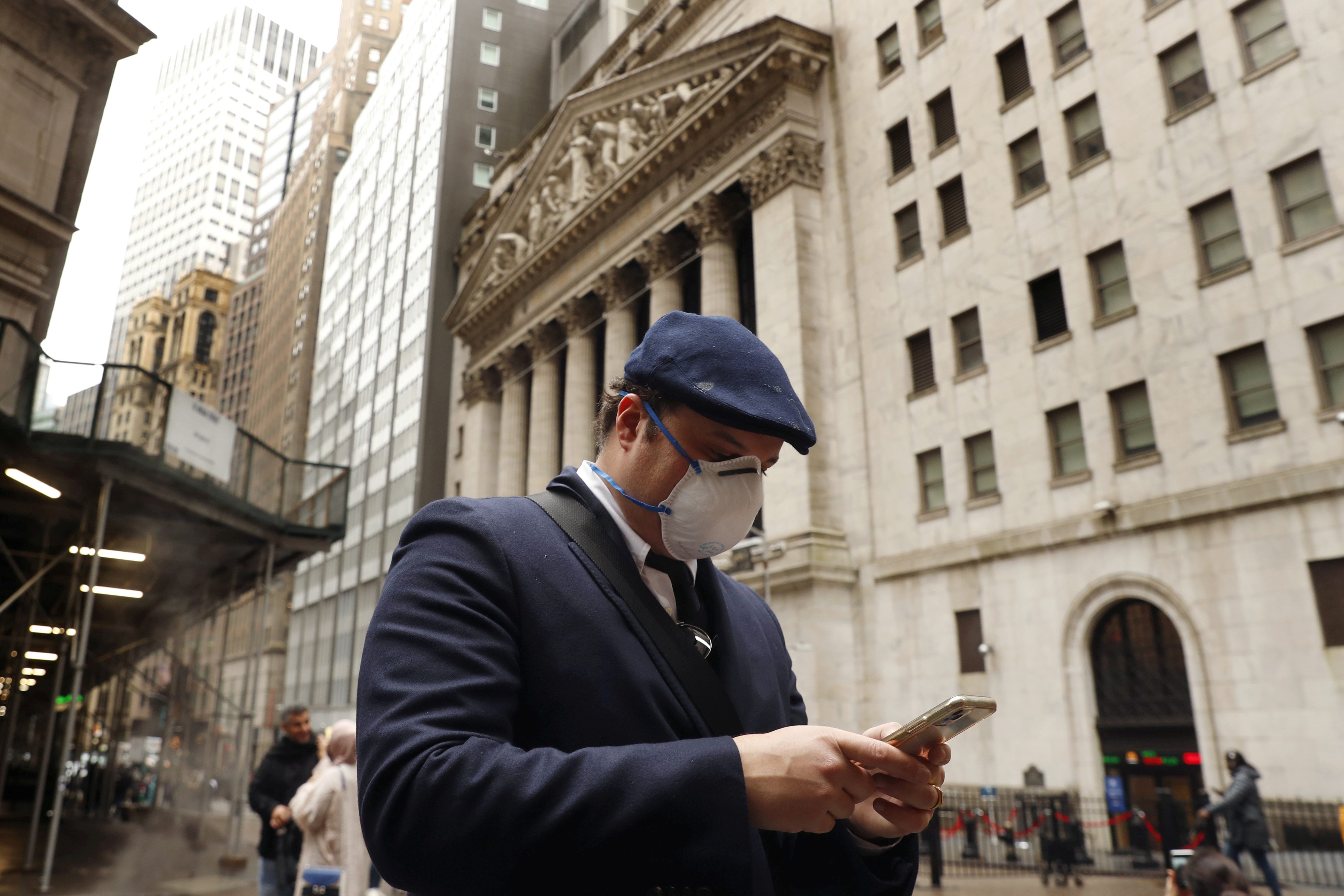
Wall Street firms in Hong Kong including Goldman Sachs and JPMorgan on Monday, January 11, moved to reduce exposure to Chinese telecom companies named in a United States ban on investments in companies Washington considers linked to China’s military.
Goldman Sachs, JPMorgan, and Morgan Stanley said in filings to the Stock Exchange of Hong Kong that they were beginning steps to terminate 500 Hong Kong-listed structured products they issued to investors with links to values of telecom companies China Mobile, China Telecom, and China Unicom or local indexes including the Hang Seng Index – whose components include the telecom companies.
In a separate statement, US custodian bank State Street said an exchange-traded fund it manages which tracks the Hang Seng Index would not make any new investments in sanctioned stocks, though it would continue to maintain its existing shareholdings.
The statement said that according to information published by the US Office of Foreign Assets Control (OFAC), the fund was no longer appropriate for US individuals or companies to invest in.
The announcements follow statements last week by OFAC clarifying a November order from US President Donald Trump that banned Americans from investing in Chinese companies that the US considers to have links with China’s military.
The investment banks’ filings cited a piece of OFAC guidance saying the 3 telecom companies were specifically included in the initial executive order.
The moves are similar to bond maturities in which issuers pay back investors and settle their obligations, said a US banking source familiar with the matter.
A filing by JPMorgan described the action as an “early termination” and described how the bank will set prices to be paid to investors.
The investment banks are buying the instruments back from investors until January 25 when all trading will be suspended. The products will be delisted on January 28.
Hong Kong’s markets watchdog, the Securities and Futures Commission, said it had stressed to the investment banks that “any action taken by them should be necessary, fair, and having regard to the best interest of investors and integrity of the market, and that investors should also be properly informed as appropriate.”
Bourse operator Hong Kong Exchanges and Clearing said it was “working closely with the relevant issuers to ensure orderly delisting, and facilitate buyback arrangements being arranged by the issuers.”
For the US banks, the source said, the ban “is creating chaos for the whole product,” even though the prohibition is only on a limited number of Chinese stocks linked in the structured securities.
The US banks doubt the incoming administration of President-elect Joe Biden will ease the ban anytime soon, the source said.
There are over 12,000 structured products listed in Hong Kong issued by 15 companies.
Alex Wong, director at Ample Finance Group in Hong Kong, said the delistings would “not have too much impact,” as customers could switch to Europe- or China-based issuers.
China’s foreign ministry has previously said it firmly opposes what it called US abuse of its power to oppress Chinese companies. – Rappler.com
Add a comment
How does this make you feel?
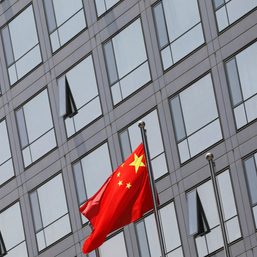
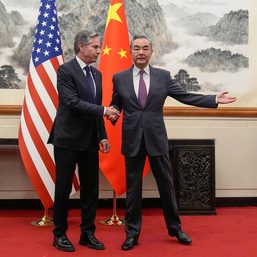


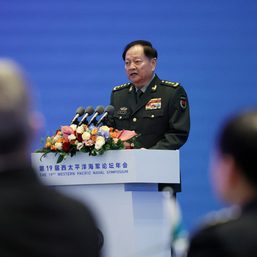
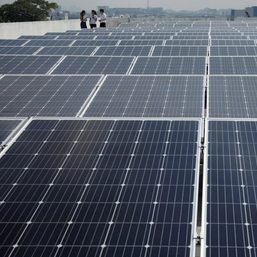
![[ANALYSIS] Search for stocks that continue to sizzle](https://www.rappler.com/tachyon/2024/04/search-stocks-that-sizzle-April-5-2024.jpg?resize=257%2C257&crop_strategy=attention)
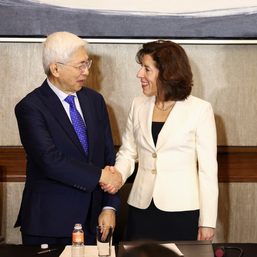

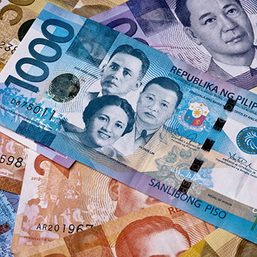
![[ANALYSIS] A new advocacy in race to financial literacy](https://www.rappler.com/tachyon/2024/04/advocacy-race-financial-literacy-April-19-2024.jpg?resize=257%2C257&crop_strategy=attention)
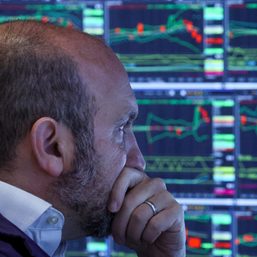

![[ANALYSIS] Concern about the right trading call during Holy Week](https://www.rappler.com/tachyon/2024/03/Concern-about-right-trading-holy-week-March-22-2024.jpg?resize=257%2C257&crop_strategy=attention)
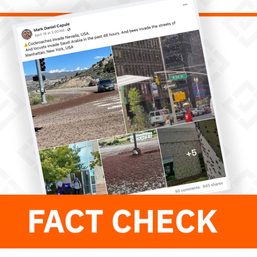
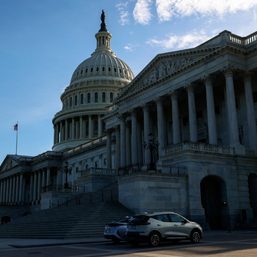
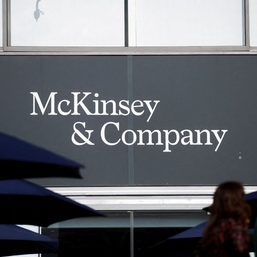
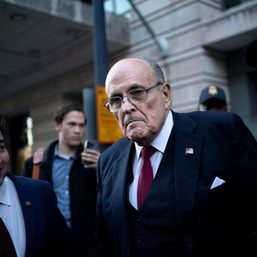
There are no comments yet. Add your comment to start the conversation.